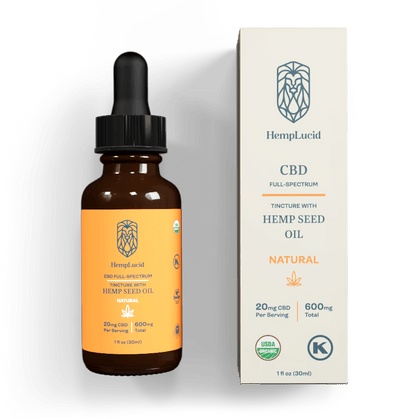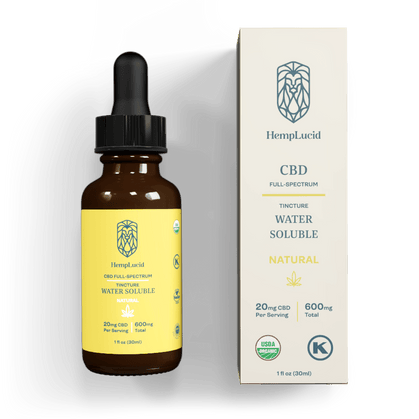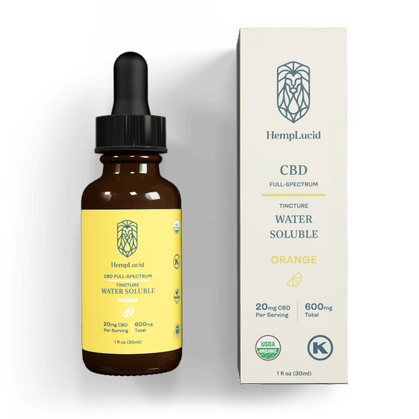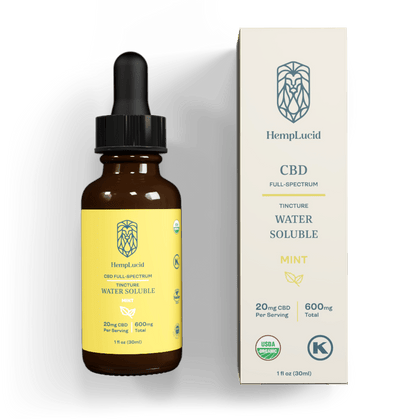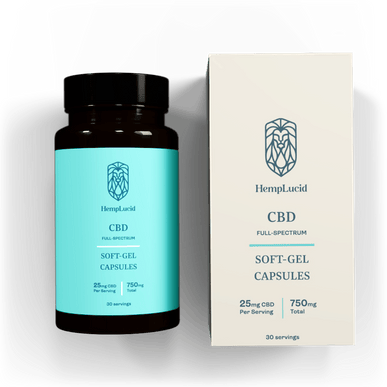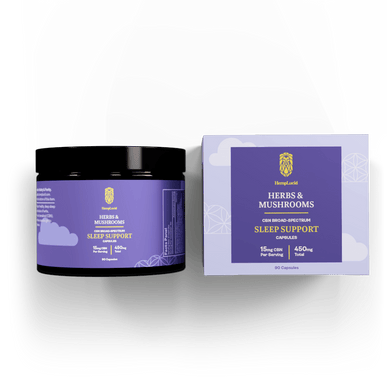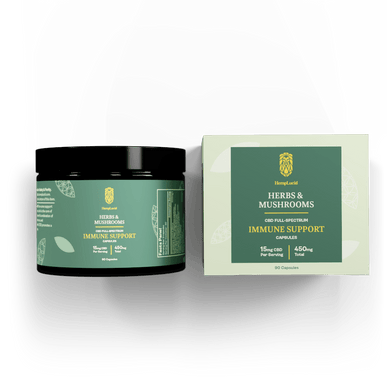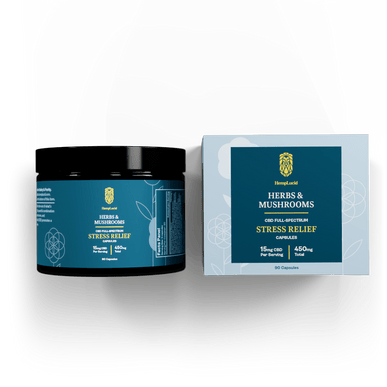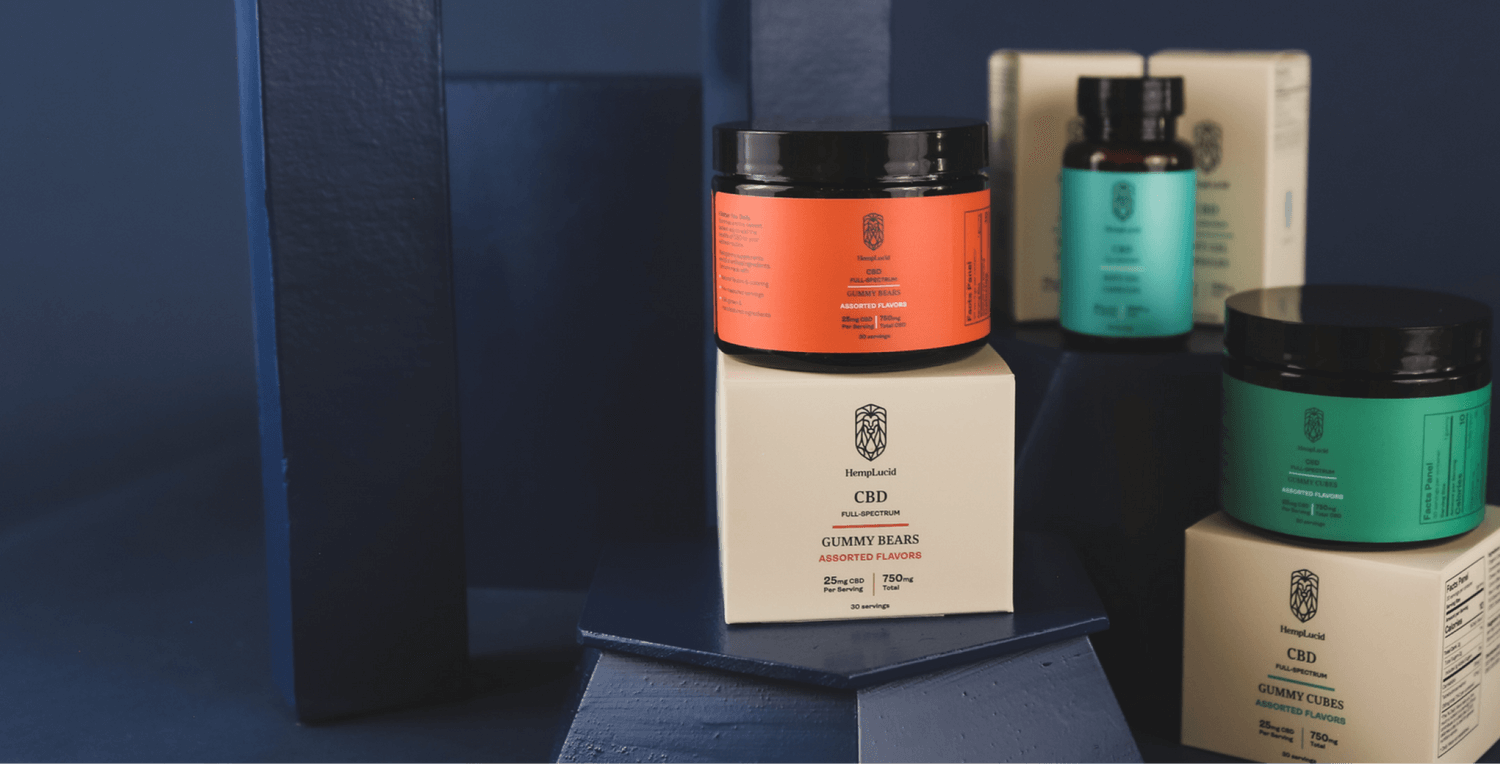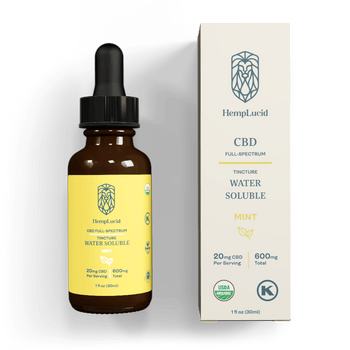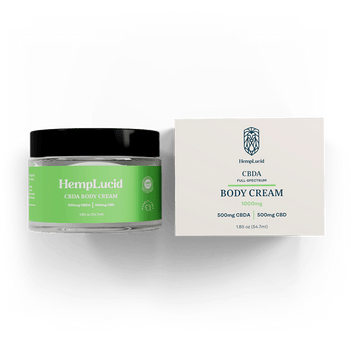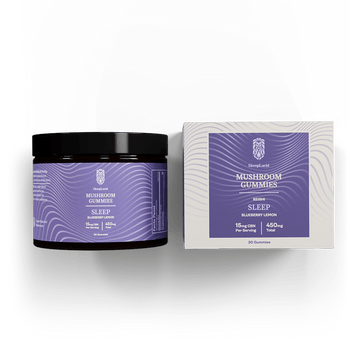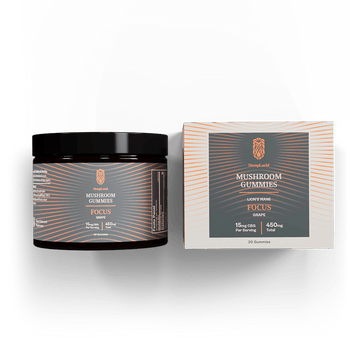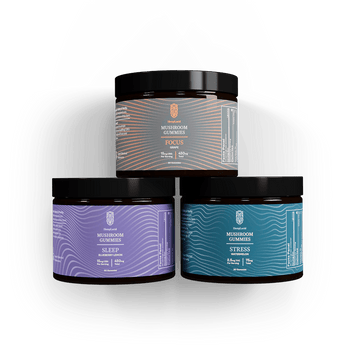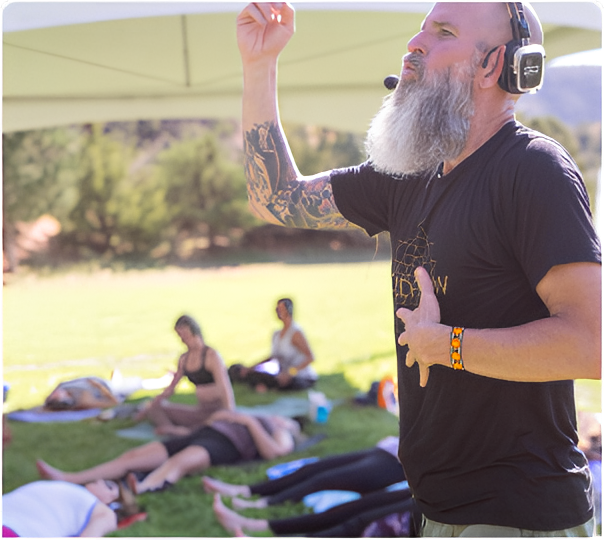Best Sellers
- Shop By Solution
- Shop By Category
-
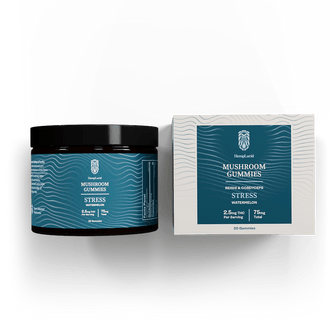 Shop Now
Shop NowSTRESS RELIEF
Stress Mushroom THC Gummies - Watermelon
Regular price $59.95Regular priceUnit price per -
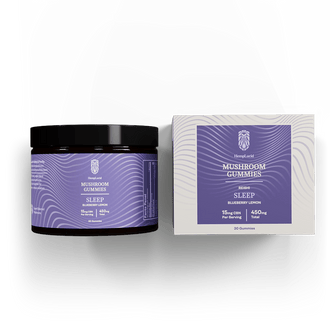 Shop Now
Shop NowBETTER SLEEP
Sleep Mushroom CBN Gummies - Blueberry Lemon
Regular price $59.95Regular priceUnit price per -
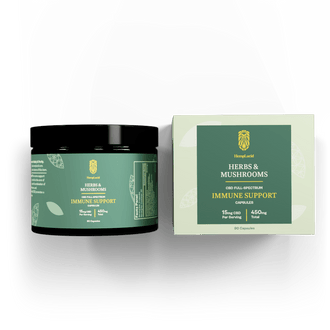 Shop Now
Shop NowIMMUNE SUPPORT
Immune Support - Herb & Mushroom CBD Capsules
Regular price $49.95Regular priceUnit price per$64.95Sale price $49.95Sale -
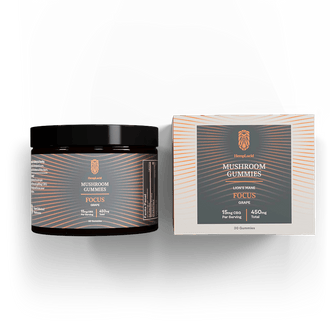 Shop Now
Shop NowBOOST FOCUS
Focus Mushroom CBG Gummies - Grape
Regular price $59.95Regular priceUnit price per
-
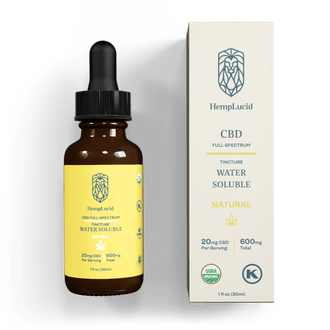 Shop Now
Shop NowWATER SOLUBLE
Organic Full-Spectrum Water Soluble CBD - Natural Flavor
Regular price $42.95Regular priceUnit price per -
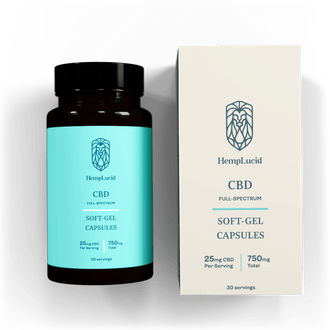 Shop Now
Shop NowCAPSULES
Organic Full-Spectrum CBD - SoftGel Capsules
Regular price $49.95Regular priceUnit price per -
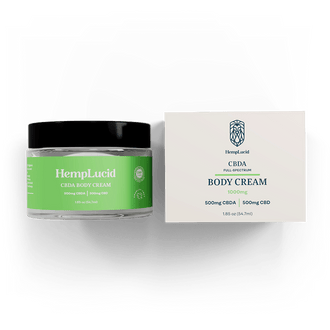 Shop Now
Shop NowTOPICALS
Organic Full-Spectrum CBDA CBD Body Cream
Regular price $69.95Regular priceUnit price per -
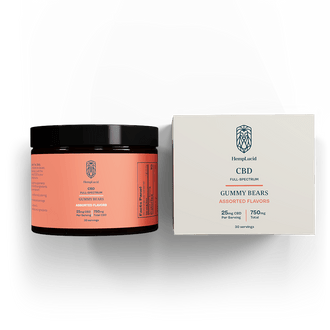 Shop Now
Shop NowEDIBLES
Organic Full-Spectrum CBD - Gummy Bears
Regular price $59.95Regular priceUnit price per
Free Shipping on orders over $69
Over 4,000+ Five Star Reviews
@hemplucid
15,000+ HempLucid Lovers
Save on our CBD and Mushroom Products

Loyalty Program
Rewards Points can be earned each time you shop with us. Pretty sweet, since Rewards Points can be used for discounts on HempLucid products!
Sign up to begin earning today....

Subscriptions
Subscribe, Save Money, Chill Out
With HempLucid subscriptions, you can enjoy a seamless, worry-free service that will deliver CBD when you need it.

Savings
We’re pleased to offer additional discounts for eligible customers, including members of the military, first responders, and many more.

Refer A Friend
Refer a friend today — they will receive a $15 off coupon for their first order over $50 (after discounts), and you’ll get a gift too. You will also be rewarded with 300 points (valued at $15).
Check Out Our Blog

Top 6 Best Mushroom Gummies on the Market (2024)
Choosing the Best Mushroom Gummies: A Comprehensive Guide on Ingredients, Reviews and Pricing
Read moreChoosing the Best Mushroom Gummies: A Comprehensive Guide on Ingredients, Reviews and Pricing

Mushroom Gummies vs Mushroom Coffee: Which Is R...
Comparing Mushroom Gummies and Mushroom Coffee: What to Know
Read moreComparing Mushroom Gummies and Mushroom Coffee: What to Know

Mushroom Gummies vs Delta 8: What's The Differe...
Decoding the Benefits: Mushroom Gummies Vs Delta 8 THC Explored
Read moreDecoding the Benefits: Mushroom Gummies Vs Delta 8 THC Explored
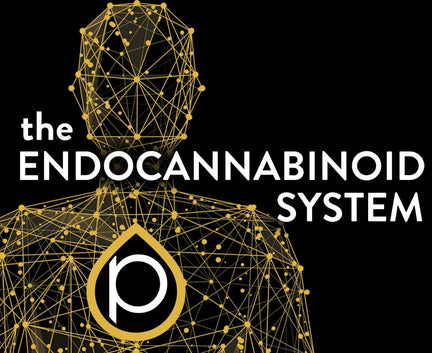
What is the Endocannabinoid System?
The endocannabinoid system (aka ECS) is a central focus when discussing the benefits of CBD and other cannabinoids. What is the ECS and what does it do?
Read moreThe endocannabinoid system (aka ECS) is a central focus when discussing the benefits of CBD and other cannabinoids. What is the ECS and what does it do?

FitCon 2019 – HempLucid CBD in the Fitness World
Hemplucid was proud to be a sponsor of FitCon, the largest fitness convention in Utah. FitCon encourages everyone to “Find Their Fit,” and to do so by any means necessary....
Read moreHemplucid was proud to be a sponsor of FitCon, the largest fitness convention in Utah. FitCon encourages everyone to “Find Their Fit,” and to do so by any means necessary....
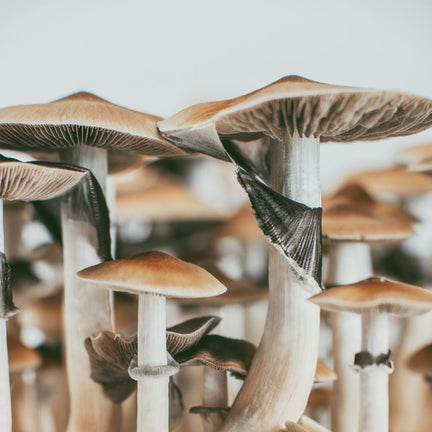
Microdosing 101: THC, Psilocybin, and Your Health
Microdosing is a method of taking small, non-hallucinogenic amounts of psychoactive substances to help make subtle improvements to your overall lifestyle.
Read moreMicrodosing is a method of taking small, non-hallucinogenic amounts of psychoactive substances to help make subtle improvements to your overall lifestyle.








